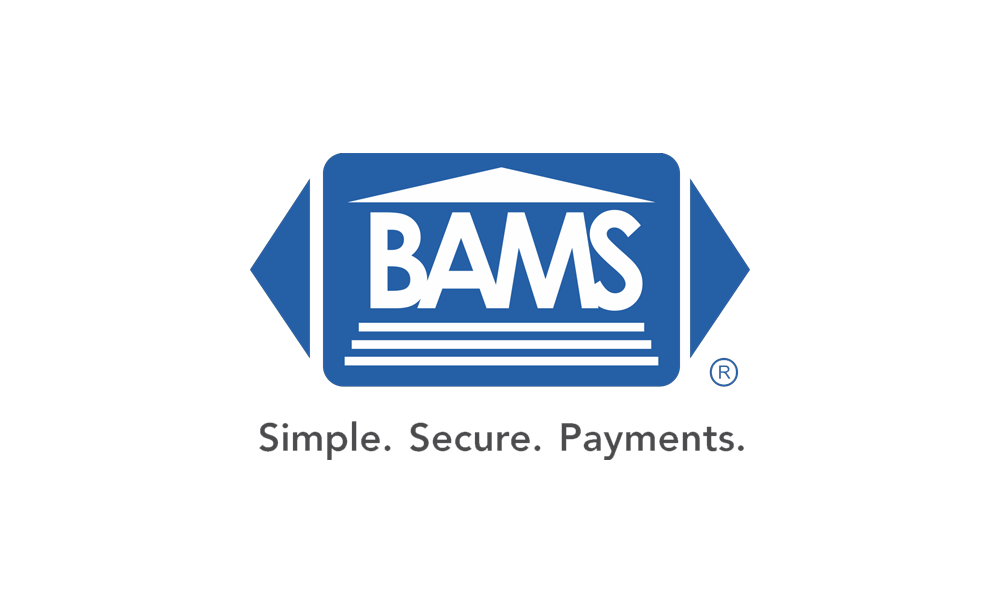Which Merchant Account Provider is Better – BAMS, Braintree or QuickBooks Merchant Services?
Choosing a merchant services provider is a serious task and picking the wrong merchant account can result in headaches with integration, unnecessarily high fees, and delays in deposits reaching a merchant’s bank account. Merchants choosing between BAMS, Braintree, and QuickBooks Merchant Services – three of the most popular merchant services providers on the market – have a lot to think about, as each company provides highly capable and feature-rich offerings. However, there are some significant differences between the three, and this article aims to compare and contrast them in three key areas; pricing, support, and onboard features.
Pricing:
Braintree:
Braintree, like its parent company PayPal, uses a fixed fee structure of 2.9% + $0.30 per transaction for domestic payments made with all four major credit card brands. That fixed fee structure, common among other big-name third-party processors like Stripe and Square, is generally at the high-end of what merchant accounts typically charge.
QuickBooks Merchant Services:
QuickBooks Merchant Services utilizes a tiered pricing structure that varies depending on the transaction type. Swiped cards are subject to 2.4% + $0.25 per transactions. Invoiced cards are charged 2.9% + $0.25 per transaction, and keyed-in card transactions are charged 3.4% + $0.25 per transaction. That tiered fee structure certainly beats out Braintree’s for merchants who primarily process card-present swiped payments.
BAMS:
BAMS utilizes an interchange-plus pricing model that charges merchants based on the interchange rate with a small flat processing fee added in. This highly-transparent pricing model is more flexible than fixed rates and varies with the interchange rates on different cards. However, it generally results in the lowest average transaction fees possible, with interchange rates on certain cards like Visa Debit coming in as low as 0.8%. The flexibility of this pricing model enables BAMS to custom tailor its service to each merchant based on their industry, ensuring a low price guarantee. It’s ideal for both merchants that primarily take in-store payments and online merchants that handle mostly card-not-present transactions.
Winner: BAMS’ flexible, transparent, and cost-effective interchange-plus pricing model edges out QuickBooks.
Service and Support:
Braintree:
Braintree utilizes a web-based support system comprised of a series of support articles and an online support request form. As with its parent company PayPal, Braintree depends mostly on its users working through their online materials to remedy their own issues – a common support strategy for enormous companies like PayPal that simply can’t afford to provide one-on-one support to their huge userbases.
QuickBooks Merchant Services:
QuickBooks offers its Merchant Services clients a more robust set of support options. As with Braintree, their first line of support is a large library of articles and support pages provided in the hope that users will fix their own problems without the need to actually engage QuickBooks support. However, they do offer both live chat and inbound calling options for users that want to speak to human support personnel. Their site does not, however, offer a support email for users who prefer that avenue.
BAMS:
Despite serving thousands of merchants across the globe, BAMS takes a personal approach to service in much the same way that much smaller companies do. They offer support by both email and telephone, and most notable of all, merchants that call or email BAMS for support aren’t ushered through the standard automated systems and generic help procedures. Instead, each BAMS client is assigned a personal support specialist responsible specifically for helping them with any issues that may arise. That means BAMS merchants deal with the same person every time they need support, enabling both better support in each individual case and development of a strong long-term relationship.
Winner: BAMS’ focus on personalized, one-on-one service stands out above the options from QuickBooks, and, even more so from Braintree’s highly impersonal support portal.
Features:
Braintree:
Braintree offers the standard features expected from a payment processor, including accurate and easy-to-use reporting features, fraud protection, industry-standard or better security, integration with popular POS systems, and the ability to accept payments via all major credit cards both online and in-store.
QuickBooks Merchant Services:
QuickBooks’ most obvious feature is the ability to integrate payment processing directly with Intuit’s QuickBooks accounting software, streamlining the account and bookkeeping processes. QuickBooks Merchant Services also offers all of the standard features and integrations required to securely accept credit card, ACH, and eCheck payments. While they do offer next-day funding, the cutoff time is 3 pm PST, meaning many batches won’t get in on time.
BAMS:
BAMS is a feature-rich platform offering the ability to accept credit card and ACH payments both online and in-store, including chargeback defense, hardware solutions, advanced reporting, and industry-leading security protocols. BAMS merchants enjoy next day funding at no additional cost with a cut-off time of 9 PM. Additionally, BAMS offers clients access to IRIS CRM, the company’s proprietary customer resource management platform designed to not only streamline payments and billing, but every aspect of operations. It even integrates with QuickBooks!
Winner: BAMS and QuickBooks both offer users feature-rich, unique solutions, but BAMS inclusion of IRIS CRM, along with its wider next-day funding window put it on top.
If you’d like to learn more about how BAMS can help your business accept electronic payments both online and instore, reduce your average fees, and provide you with unmatched levels of personal service, contact us today! We’d be happy to provide you with more information or to perform our in-depth five-point price comparison to show you exactly where our solutions can outperform the competition in relation to your company’s unique situation.




